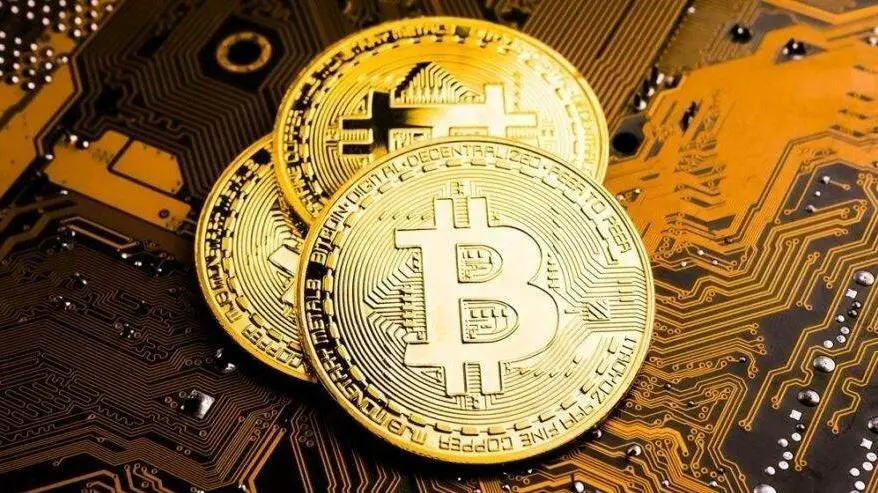Twitter continues to move toward Web3, and software developers say they are already testing an e-wallet based on the Web3 concept that Twitter users can use on the platform.
Forbes 30 under 30 celebrity and front-end engineer Jane Machun Wong suddenly posted today that Twitter is developing a cryptocurrency wallet,
Users can send and receive digital currency on the Twitter platform, but the news has not been officially acknowledged.
Although there is still a lack of relevant details, and more evidence, such a development is not unexpected.
Former Twitter CEO and founder Jack Dorsey has always been a diehard blockchain advocate, and one of the reasons he left Twitter was for his renamed company, Block.
Tokens have always had a special status since the emergence of communities in the online world.
Facebook and Reddit in the United States, Taiwan’s Buick Kicking and Yahoo Intellectuals all have their own token systems to increase the fun of interaction among users.
With the development of blockchain technology, these community tokens have gradually begun to see new possibilities.
Long before Twitter, the communication software Telegram wanted to build a token system TON that can pay, store, and trade, but it was blocked by the government; Facebook’s ambitious dream of issuing coins was also strangled by the government, and Twitter was able to get out differently. route?
Maybe Twitter will try to operate more low-key after learning from the previous experience.
They did not make a big deal of saying that they would issue their own currency, or even replace fiat currency. At present, we only see wallets. From another perspective, maybe this wallet is not necessarily related to money?
Tokens aren’t just tokens, and wallets aren’t just wallets
In a pure blockchain world, the user’s identity is not authenticated by an account, mobile phone number or email, but a simple electronic wallet address and the user’s private key. Your wallet represents your identity, and Your private key and mnemonic confirm ownership.
The transactions and modified data of users are all recorded by the blockchain.
For example, in a more specific way, you can use Twitter as a membership library. You have to show your membership card when you enter.
In addition to representing your identity, this membership card also has a payment function, allowing you to use the VIP room, borrow books, subscribe to videos and other functions.
On the other hand, it also records the books and videos you have read, as well as the reading experience you have written.
If you participated in the commemorative activities of the library, you can put a special seal on it to prove that you are a frequent visitor here; or you can get a signed photo of a popular author, you can also record it on it.
One day when you want to apply for a job in a publishing house, the other party will know that you are a true book lover as long as they see the record on the membership card.
Because the above records are preserved through blockchain technology, they will not be modified without authorization.
Or when you go to Momo department store, show this membership card, and the other party will give you special discounts on book purchases, or limited peripheral products of the designated author.
Replacing the above scenarios with the App in your mobile phone is, to a certain extent, a small part of the Web3 world, and the starting point of all this comes from blockchain tokens.
Therefore, having a cryptocurrency wallet that can store and send tokens is certainly meaningful for community platforms.
In fact, these functions mentioned above can be achieved without Twitter’s own wallet. Currently, the hot wallets on the market, such as MetaMask, Phantom, etc., all have such a structure.
The question is who can actually bring these features to the majority of users? Twitter might be a serious contender.




